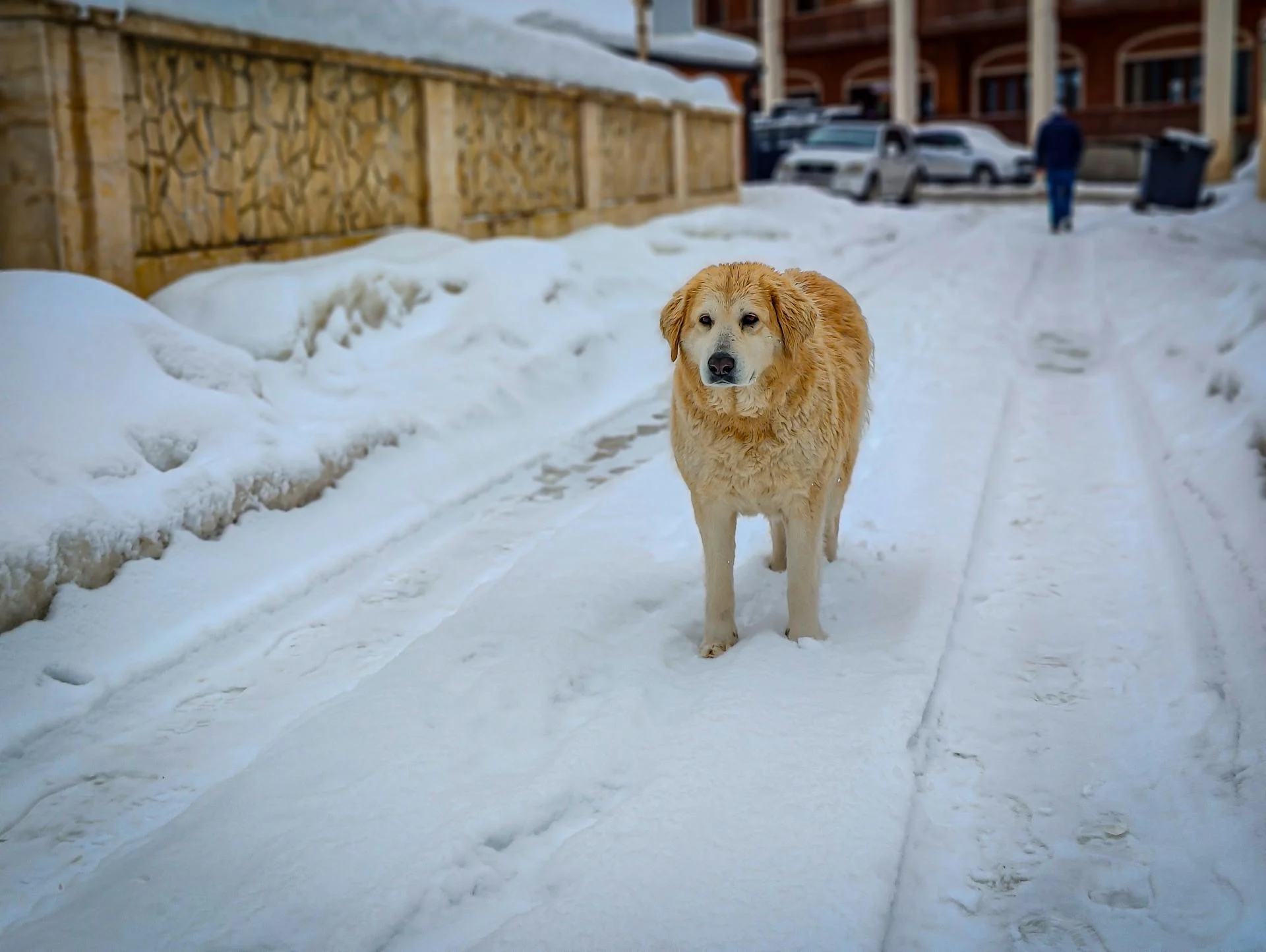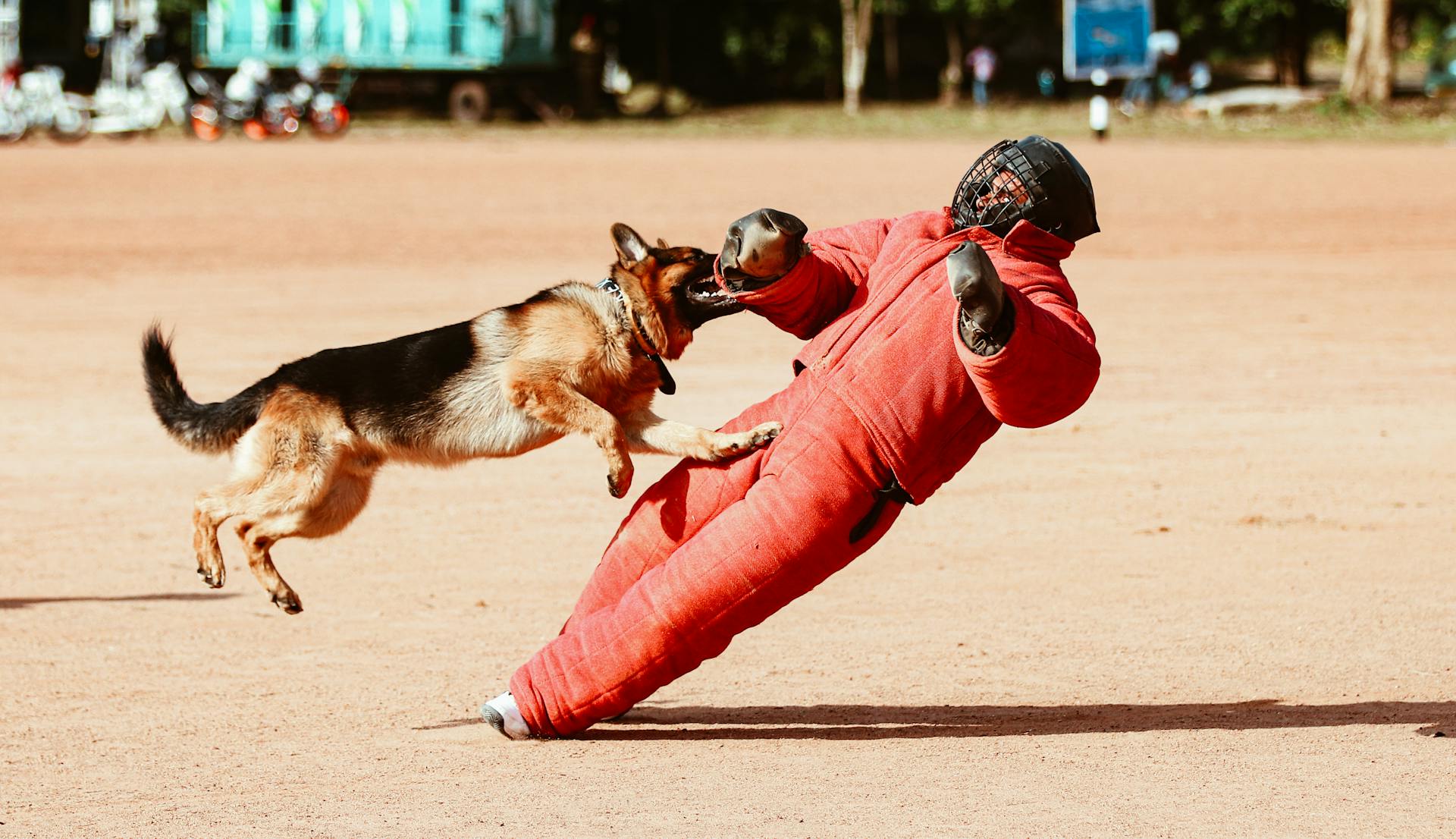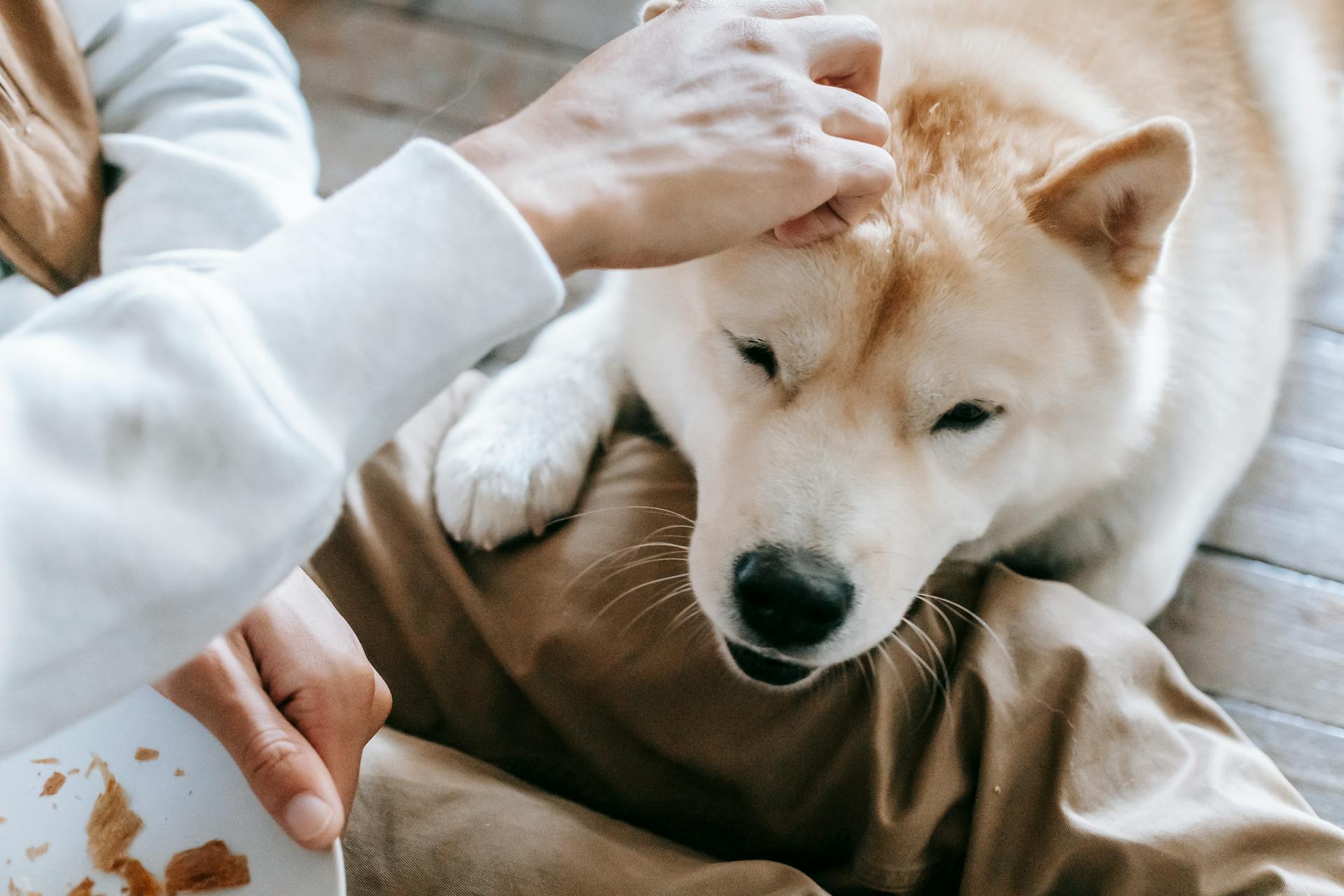
The Great Pyrenees is a large and powerful breed, but will it attack an intruder to defend its territory? According to the breed's original purpose, Great Pyrenees were bred to guard sheep and other livestock from predators.
Their instincts are to protect and defend, but they are not naturally aggressive. In fact, they are known to be calm and gentle with their family.
Great Pyrenees are naturally wary of strangers and will often take some time to warm up to new people. This makes them excellent watchdogs, but also means they may not immediately attack an intruder.
However, if they perceive a threat to their family or territory, they will defend it fiercely.
Guarding Instincts and Temperament
Great Pyrenees are naturally protective of their family and territory, often perceiving new people as potential threats.
Their guarding instincts are deeply ingrained, and they will use their size and powerful bark to scare off intruders. They rarely attack unless they feel their family or property is in danger.
Early socialization is crucial to teach them that not everyone who comes to the door is a threat. This can be a challenging process, requiring consistent and focused training.
These dogs are vigilant and alert, always on the lookout for potential threats. They may bark at anything they think might be a danger, which can be trained out but often requires more effort than with other breeds.
Their protective instincts are a result of centuries of guarding livestock, and they will position themselves between their loved ones and perceived threats. This behavior is a demonstration of their protective nature, not aggression.
It's essential to recognize that their guarding instincts are innate and will exist whether or not they're trained. Socialization and training can help these instincts translate better into everyday family life.
Great Pyrenees are loving with their family, but they can be shy and standoffish around strangers. Their upbringing and early socialization play a significant role in how they interact with new people.
Aggression and Protection
Great Pyrenees are generally gentle and protective, but some individuals may exhibit behaviors that owners might see as aggression. This is a complex issue that can be influenced by genetics, upbringing, socialization, and environment.
A common behavior that can be mistaken for aggression is a display of their protective instincts. This is a natural behavior for Great Pyrenees, who have been bred for centuries to guard livestock.
Protective instincts can manifest as barking loudly and positioning themselves between a perceived threat and their loved ones. This is not a sign of aggression, but rather a demonstration of their protective nature.
Core Reasons a Dog Might Be Aggressive
Aggression levels in dogs are a complex issue, influenced by genetics, socialization, and training. Genetics play a significant role, with a puppy's parents' behavior having a direct impact on their aggression levels.
A Great Pyrenees' protective instincts can be mistaken for aggression, but it's actually a demonstration of their inherent guarding nature. This behavior is a result of centuries of guarding livestock.
Genetics can predispose a dog to aggression, but proper training and socialization can help mitigate this. A Great Pyrenees that is genetically predisposed to aggression can become calm and tolerant with proper training and socialization.
Only about 22% of Great Pyrenees are aggressive towards strangers, and most are not friendly towards visitors but not aggressively so. They are aloof and reserved, not aggressive.
The Great Pyrenees temperament can be described as confident and tolerant, but they can be protective to the point of being overprotective. Socialization and training can help manage their guarding instincts.
Territorial Behavior
Territorial behavior is a common trait in many breeds, and the Great Pyrenees is no exception. They can be quite protective of their living space and may not take kindly to strangers or unfamiliar dogs entering their territory.
This behavior is often mistaken for outright aggression, but it's actually a normal canine instinct. It's essential to recognize and respect this instinct to avoid any potential conflicts.
Great Pyrenees may exhibit standoffish behavior when they feel their territory is being threatened, which can be a warning sign to potential intruders. However, this doesn't necessarily mean they're aggressive, just cautious and protective of their space.
As a responsible owner, it's crucial to socialize your Great Pyrenees well to help them distinguish between genuine threats and harmless visitors. With proper training and socialization, you can teach your Great Pyrenees to coexist peacefully with others.
Socialization and Training
Socialization is crucial for raising a well-behaved and non-aggressive Great Pyrenees. Proper socialization from a young age helps them distinguish between real threats and harmless situations.
Early socialization helps them become comfortable around new people and animals, reducing the likelihood of aggressive behavior when they are adults. This is especially important for Great Pyrenees, as they can be protective to the point of being overprotective.
Great Pyrenees can be raised to be gentle and loving family pets, but it's essential to manage their guarding instincts through training and socialization. This can be achieved by working with your dog on a daily basis and influencing their temperament and confidence.
3. Socialization
Early socialization is essential for raising a well-behaved and non-aggressive Great Pyrenees. Proper socialization from a young age helps them distinguish between real threats and harmless situations.
The Great Pyrenees can be protective to the point of being overprotective, so socialization is crucial to manage their guarding instincts. This is especially true for dogs used for guarding other animals, like a herd of sheep or private property.
Proper socialization helps them become comfortable around new people and animals, reducing the likelihood of aggressive behavior when they are adults.
Is a Great Pyrenees a Good Family Dog?
A Great Pyrenees can make a wonderful family dog, especially if you're looking for a loyal companion. They are gentle with their family and extremely loyal, forming an amazing bond with their loved ones.
Their gentle nature makes them an ideal breed for families with children, who will be treated with care and affection. They are emphatic and gentle around kids, making them a great addition to any family.
With proper socialization, a Great Pyrenees can thrive in a family environment, becoming a loving and protective member of the household. They will go to great lengths to protect their family, making them a great asset to any family.
Their loyalty and affection towards their family is unmatched, making them a great choice for families who want a dog that will be by their side through thick and thin.
Frequently Asked Questions
Are Great Pyrenees likely to bite?
While generally calm, Great Pyrenees may bite if they perceive a threat to their family or feel threatened themselves. Biting incidents often stem from fear, pain, or the need to establish dominance.
Sources
Featured Images: pexels.com


